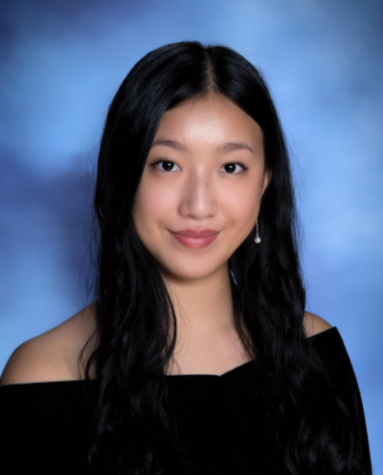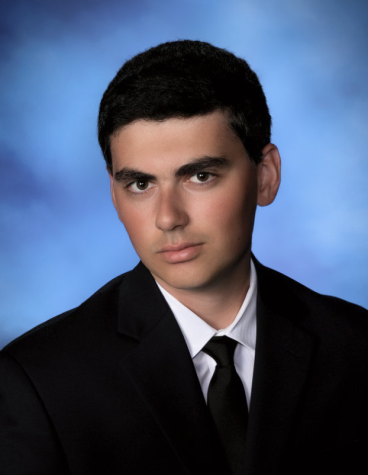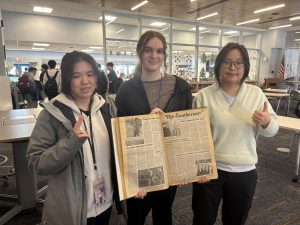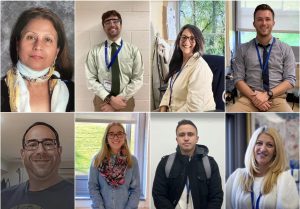Regeneron Winners
March 1, 2022

Karly Chan
The project idea came from my personal experiences with some voice problems, which inspired me to create a vocal health progress tracker. I scoured the current scientific literature and looked for acoustical features to measure, as well as analysis programs. I then started coding my program and researching how these acoustical features relate to vocal issues and what they measure. After I created my program, I tested the accuracy of my program using voice recordings from a public open-access database and optimized my program using new parameters I found from testing these recordings.
The testing had to be done manually, so it was very tedious to test a lot of recordings from the database. Also, it was difficult to implement the acoustical analysis software, because the code was not well documented, so it took a lot of time for me to figure out what the code was doing.
[Through this process], I learned the importance of resilience. Sometimes, you have to recollect all your data in order to get better results, and although it can be frustrating in the beginning, in the end, it’s always rewarding to put in the extra work to make your research better.

Jeremy Kotlyar
My research project was about trying to treat Epilepsy in planarians, which are a kind of worm. The tests I ran had to do Scientists already knew that people with low calcium levels experience seizures, and that calcium serves to regulate the issues in the nervous system causing Epilepsy. So why not try a calcium based treatment?
Designing the experiment required some creativity. I had to do a lot of research on past studies to see how scientists in the past looked at these symptoms and whether I could do something similar in school. Some symptoms couldn’t be tested on planarians and some procedures just couldn’t be recreated in school, but I ended up choosing a study design that came as close to a realistic Epilepsy model as possible.
[Through this process], I learned that sometimes an answer to a major problem is hiding in plain sight. My idea for treating the Epilepsy symptoms didn’t come in a dream or through an ah-ha moment, it was something that no one else had tried but something that seemed likely to work based on prior research. Sometimes a fresh set of eyes looking at the same research is all that is needed to come up with a successful idea.

Isabel Wang
The idea for my project stemmed from my time volunteering at the local senior center. I realized that mental health has become a major public health issue during the pandemic. Many residents suffered from social isolation and loneliness. Some even experienced death anxiety. This motivated me to explore how different groups were coping with stress during the pandemic.
During the summer of 2021, I designed my independent research project titled Coping During Covid-19: How Locus of Control Influenced Coping Response in an Uncontrollable Situation.
Getting participants to take my survey was one challenge I faced. This is a common challenge for psychology studies, so I really appreciate everyone who participated! Additionally, analyzing my data was a challenge. Prior to this study, I had no background in statistics. However, I had the help of my mentor and research teacher to guide me.
[Through this process], I learned not to underestimate myself. When submitting my manuscript to Regeneron, I never imagined winning anything. But I’m glad that I never gave up and put my heart and soul into my project.






